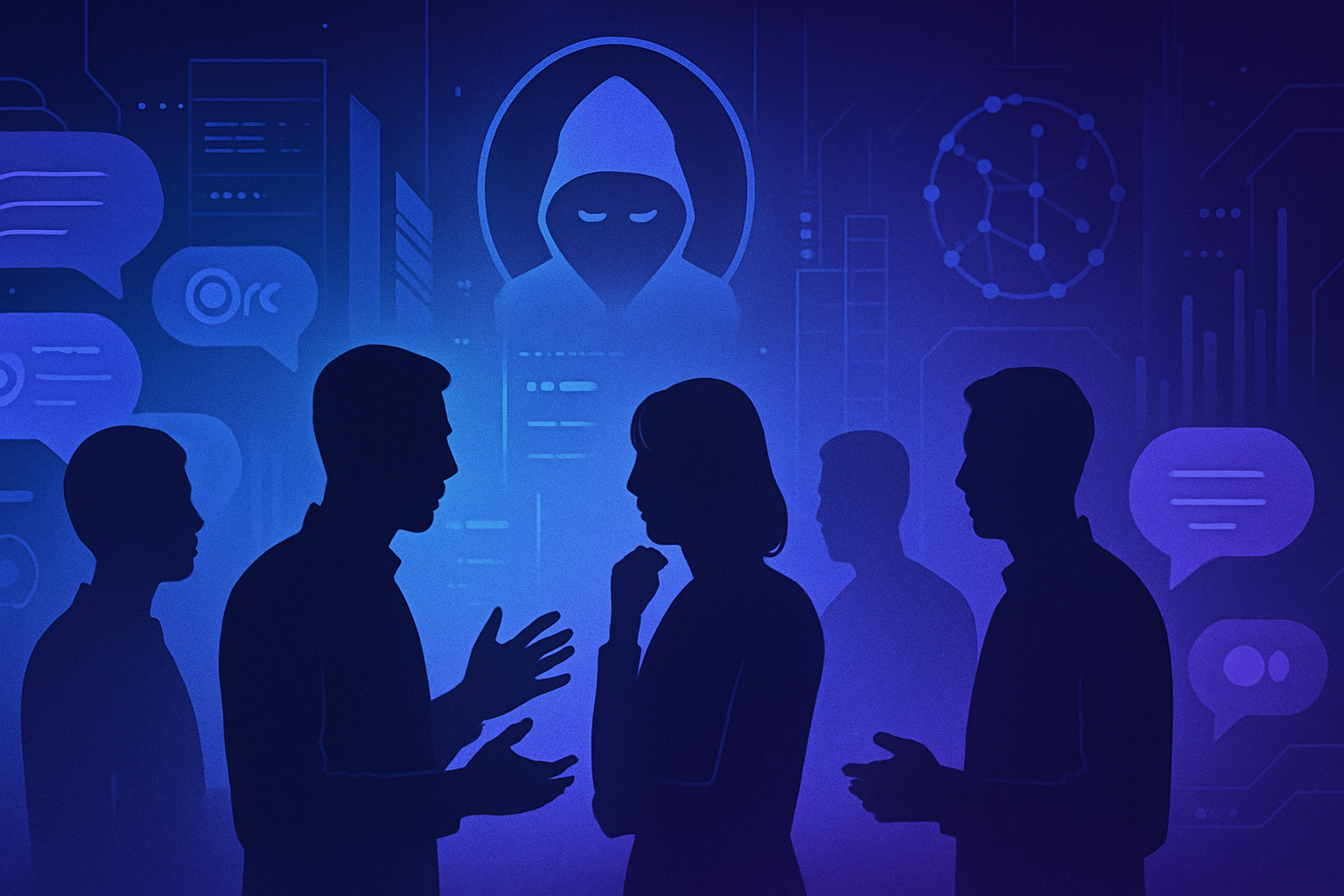A recently filed class action raises troubling questions regarding the covert recording of private professional conversations by Otter AI. This lawsuit highlights privacy issues in the digital age. The accusers allege that the company, which specializes in AI-based transcription, exploits these recordings without consent, thus violating *the fundamental rights* of users. Serious accusations tarnish the reputation of a tool that has become essential in the professional world, *revealing questionable practices* within this flourishing tech sector.
Accusations against Otter.ai
A class action has been initiated against the company Otter.ai, which specializes in automated audio transcriptions. The lawsuit alleges that the company secretly records private conversations without obtaining the consent of the participants. This process, according to plaintiff Justin Brewer, constitutes a serious violation of privacy rights.
Allegations of privacy violations
The lawsuit, filed in the U.S. District Court for the Northern District of California, claims that Otter.tech violates state and federal privacy and wiretapping laws. The complaint outlines that the transcription tool, called Otter Notebook, does not ask for permission from meeting participants before proceeding with the recording.
The plaintiffs argue that confidential conversations have been covertly recorded, leading to significant privacy invasions. Justin Brewer discovered that his private exchanges were recorded without his consent, which caused a feeling of violation.
Otter.ai features and privacy concerns
Otter.ai provides real-time transcriptions for various virtual meeting tools such as Zoom, Google Meet, and Microsoft Teams. However, according to the complaint, the application automatically joins meetings, recording exchanges without the explicit consent of all participants. Concerns about data security and transparency regarding these practices have intensified.
Otter’s privacy policy states that the company obtains user consent to train its systems. However, the complaint argues that a significant number of users are unaware of these terms, affecting their experience and security.
Worrying prospects for users
The increasing adoption of Otter.ai in the professional space has prompted alarming reports from users. Some have complained about unsolicited recordings, infringing on the confidentiality of professional discussions. Recent debates suggest that the collection of these recordings could be exploited for commercial purposes, according to the lawyers representing the plaintiffs.
A high-profile case saw an engineer report that Otter.ai recorded a meeting with investors, subsequently sharing a transcript containing sensitive information, thereby harming a transaction.
Reactions and legal implications
The controversy surrounding Otter has attracted media and public attention. Concerns about how the company handles user data are growing, particularly regarding potential data sharing with third parties. Some fears have arisen concerning possible foreign government access to transcriptions of conversations with dissidents, although Otter assures that no data is transmitted to foreign authorities.
The issues raised in this class action illustrate the challenges associated with the growing use of artificial intelligence in the professional sphere. Users appear increasingly aware of the technology’s implications for privacy and their rights. The potential repercussions of a judicial decision could shape how technology companies operate in the future.
Frequently asked questions
What is the accusation against Otter AI?
Otter AI is accused of secretly recording private conversations without user consent in a class action lawsuit, claiming this violates privacy laws.
How does Otter AI use conversation recordings?
The recordings are used to improve their AI-powered transcription service, allowing the company to train its systems on meeting transcripts without informing participants.
Do users need to give consent for their conversations to be recorded?
While Otter’s privacy policy states that users provide explicit consent by checking a box, the default recording action in certain configurations raises questions about transparency.
How does the recording process work during virtual meetings?
When the recording feature is enabled, Otter can join a meeting without asking for the explicit consent of all participants if the host is an Otter user with an integrated account.
What are the implications of this lawsuit for Otter AI users?
Users may potentially be represented in the class action, and the legal implications could lead to changes in Otter AI’s data collection and usage practices.
Does Otter AI have measures in place to protect user privacy?
Although Otter claims to anonymize data before using it for machine learning, doubts remain about the effectiveness of this process and whether confidential information may still be accessible.
What recourse is available for individuals affected by these unauthorized recordings?
Individuals who believe they have been victims of these practices may consider joining the class action or consulting a lawyer to explore their legal options.
How can users ensure they are not recorded by Otter AI?
They should check the settings of their meeting applications and contact the meeting organizer to confirm that recordings will not be made without their prior consent.
Is Otter AI taking steps to prevent such situations in the future?
For now, there are no clear indications of immediate changes in Otter AI’s practices, but the response to this lawsuit could potentially influence their future policies.






